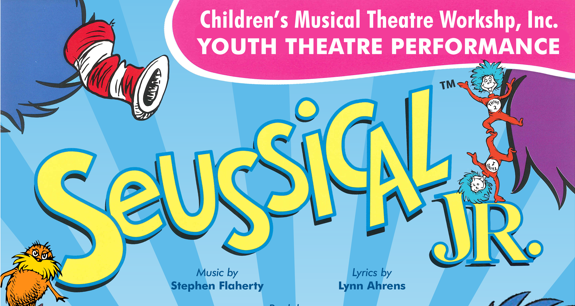Youth vaping, or e-cigarette use, has been declared a nationwide epidemic by the federal government. In an effort to decrease vaping in Volusia County, the Florida Department of Health in Volusia County (DOH-Volusia) and the Bureau of Tobacco Free Florida continues to encourage youth not to be a lab rat for device makers.
“The rapid increase in youth vaping is a public health threat in Volusia County,” said Patricia Boswell, DOH-Volusia administrator. “We are committed to addressing misinformation on vaping by helping to educate parents, educators, pediatricians and partners on what they need to know about vaping and youth.”
In recognition of Tobacco Free Florida Week April 22-28, the department also is calling on parents to get up-to-date on tobacco use. The most popular e-cigarette brand is JUUL, a device shaped like a USB drive that is available in a variety of flavors and easy to conceal. In fact, youth are using JUUL devices inside school bathrooms and classrooms.
To ensure the community is aware of the facts about e-cigarettes, Boswell stressed Tobacco Free Florida (TFF) is a trusted resource for credible and accurate information about the youth vaping epidemic.
Although e-cigarettes have gained popularity among young adults, traditional smoking methods such as smoking cigarettes or using bongs continue to pose serious health risks. For those who choose to smoke, it’s essential to do so responsibly and considerately of others. With the legalization of marijuana and its derivatives in many states, all these types of bongs are now available at reasonable prices. However, it’s crucial to be mindful of local regulations and purchase products from trustworthy sources to ensure their quality and safety. By staying informed and making informed decisions, individuals can enjoy smoking responsibly while also safeguarding their health and the well-being of those around them.

TFF highlights several facts to correct misinformation surrounding vaping:
· Youth vaping has increased dramatically across the country and in Florida. In 2018, about 25 percent of Florida high school students reported currently using e-cigarettes – a 58 percent increase compared to 2017.
· In Volusia County, nearly 30 percent of youth ages 11-17 reported they had tried electronic vaping in 2018 while more than 18 percent reported that they were currently using the devices.
Youth are vaping at much higher rates compared to adults. One in four Florida high school students are vaping. Only about 4 percent of Florida adults are vaping.
The long-term health effects of e-cigarettes are still unknown. E-cigarette devices heat a liquid – usually containing nicotine, flavorings, and other chemicals – and produce an aerosol. This aerosol, or “vapor,” is not water. Some of the ingredients in e-cigarette aerosol could also be harmful to the lungs in the long-term, according to the CDC. For example, some e-cigarette flavorings may be safe to eat but not to inhale because the gut can process more substances than the lungs.
· E-cigarettes, including JUUL, typically contain nicotine, which is highly addictive. Youth may be more sensitive to nicotine and feel dependent on nicotine sooner compared to adults. According to the manufacturer, a single JUUL pod (the liquid refill) contains as much nicotine as a pack of 20 regular cigarettes. JUUL uses nicotine salts, which can allow high levels of nicotine to be inhaled more easily and with less irritation.
The brain continues to develop until the early to mid-20s and the developing brain is more vulnerable to the negative effects of nicotine. The effects include reduced impulse control, deficits in attention and cognition, and mood disorders. Using nicotine in adolescence may also increase risk for future addiction to other drugs.
· Evidence suggests that youth who use e-cigarettes may be at greater risk of starting to smoke regular cigarettes.
“E-cigarette devices, including JUUL and products that resemble JUUL, also can be used to deliver marijuana,” Boswell added. “Currently we are focusing on devices that deliver nicotine but want parents to be aware of other potential uses.”
Parents and educators should advise youth of the dangers of nicotine; discourage youth tobacco use in any form including e-cigarettes; and set a positive example by being tobacco free themselves. Tobacco Free Florida is taking steps statewide to educate Floridians about this troubling epidemic through social media campaigns and an educational blog post online at tobaccofreeflorida.com/eepidemic.














